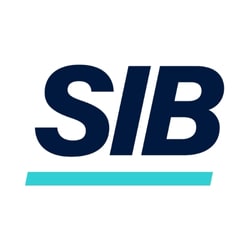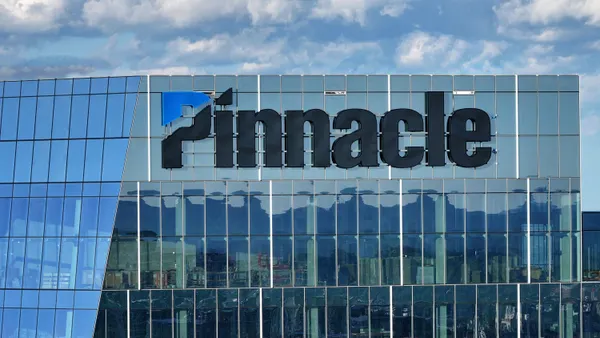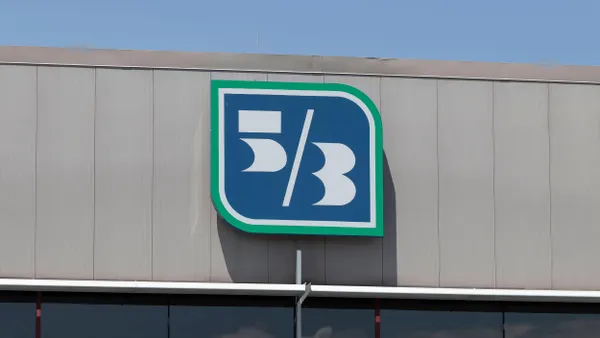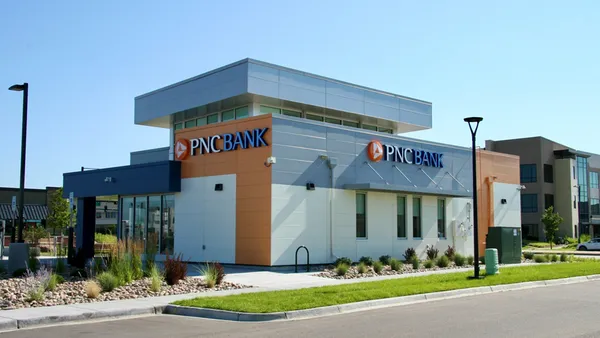Dive Brief:
- Bank and credit union trade groups spoke out against the U.S. Postal Service’s postal banking pilot program that launched last month, saying the agency is incapable adequately managing an operation that includes financial services.
- USPS’s new services, which are available in Washington, D.C.; Baltimore; Falls Church, Virginia; and the Bronx in New York City, include check cashing, bill pay and ATM access, as well as upgraded money orders and wire transfers, NBC News reported Monday.
- Trade groups including the Consumer Bankers Association (CBA), the American Bankers Association (ABA) and the National Association of Federally-Insured Credit Unions (NAFCU) argue banking services should be left to financial institutions, and not be placed in the hands of a government agency already struggling with funding.
Dive Insight:
"The well-regulated, well-supervised American financial services system requires banks to have policies, procedures and controls to ensure adequate risk management, regulatory compliance, consumer protection, and privacy protection — areas the U.S. Postal Service has little to no knowledge of," Billy Rielly, a CBA spokesperson, said Tuesday. "Policymakers should be focused on encouraging banks to innovate and build on longstanding efforts to increase financial inclusion, not deferring to a federal agency without the capacity to safely provide millions of American families the reliable products and services they have come to expect from their bank."
Under the pilot program, customers can bring payroll or business checks up to $500 to participating post offices to buy single-use Visa gift cards. The pilot program also lets customers make bill payments and access ATMs at post offices.
A government-subsidized banking service managed by the post office would threaten the progress of the Cities for Financial Empowerment (CFE) Fund’s Bank On program, an effort aimed at decreasing the number of unbanked households in the U.S., the ABA said.
"It’s easier than ever to open a bank account in this country, including Bank On-certified accounts, which are now available in more than half of all U.S. bank branches, and feature low costs, no overdraft fees, robust transaction capabilities such as a debit or prepaid card, and online bill pay," the group told the ABA Banking Journal Monday. "Policies that create new incentives for Americans to remain unbanked undercut significant efforts to bring people into the banking system so they can build for their financial future."
NAFCU said the program "stretches the bounds" of the USPS’s statutory authority and would allow the "underfunded and understaffed" agency to unfairly compete with the not-for-profit financial institutions.
The USPS, led by Postmaster General and Trump administration appointee Louis DeJoy, is slated to lose $160 billion over the next 10 years, according to The Washington Post.
"Last week, USPS informed American consumers that it cannot manage its current mission of delivering mail on time," NAFCU President and CEO Dan Berger said in a statement Tuesday. "Now, it has come to light that USPS is quietly expanding its reach into financial services without providing much clarity on how it plans to balance its current duties alongside this new undertaking."
Congress should instead let credit unions add underserved areas to their fields of memberships, Berger said.
"The USPS already has its hands full with its current mission and lacks the bandwidth needed to run such a large and complex operation," he added.
Industry trade groups have spoken out against efforts to revive postal banking in the past.
The ABA, the CBA, the Credit Union National Association and The Clearing House urged officials in a May paper to find alternatives to postal banking that include low- and moderate-income consumers. The groups argued that the driver licenses or passports necessary to use such services may be expensive for some demographics.
NAFCU also pushed back against JPMorgan Chase's efforts, reported in August 2020, to lease space for the bank’s ATMs in post offices.
"Allowing Wall Street mega banks free [rein] to solicit customers from community post offices would amount to nothing more than a power grab aimed at bolstering profits," Berger said in a statement in response to reports that the nation's largest bank had held preliminary discussions with the USPS.
Longtime advocates for postal banking include Sen. Kirsten Gillibrand, D-NY, who introduced the Postal Banking Act in 2008, and has repeatedly argued for post offices to offer expanded financial services, and Sen. Sherrod Brown, D-OH, who last year introduced a bill that would require banks to maintain "digital dollar wallets" so unbanked consumers could access stimulus payments.
Brown's bill would have let consumers set up "FedAccounts" at local banks and post offices.
A 2020 appropriations bill passed by the House included an amendment to allocate $2 million for a postal banking trial program.














